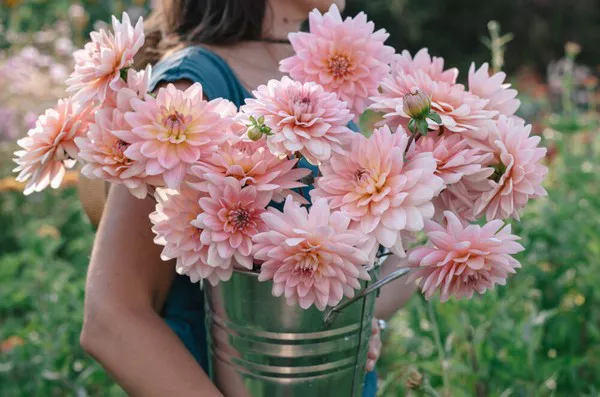Flowers bring joy and beauty to our lives, whether they’re adorning a special occasion or simply brightening up our homes. However, like all organic matter, flowers eventually wilt and need to be disposed of properly. Many people wonder whether they can toss their flowers into the green bin along with other organic waste. In this article, we’ll explore the ins and outs of flower disposal, including what can and cannot go into the green bin, alternative disposal methods, and the environmental impact of different disposal options.
Understanding the Green Bin
The green bin, also known as the compost bin or organic waste bin, is a common feature of waste management systems in many communities. It is specifically designed for collecting organic waste, such as food scraps, yard trimmings, and other biodegradable materials. The contents of the green bin are typically sent to composting facilities, where they are processed into nutrient-rich compost that can be used to enrich soil and support plant growth.
Can Flowers Be Composted?
Flowers are indeed organic matter, so it’s natural to assume that they can be composted along with other biodegradable waste. However, not all flowers are suitable for composting, and there are some considerations to keep in mind.
1. Natural Flowers vs. Treated Flowers: Natural, untreated flowers are generally safe to compost. These include flowers from your garden or florist that have not been treated with pesticides or other chemicals. However, flowers that have been sprayed with pesticides or other chemicals may not be suitable for composting, as these substances can contaminate the compost and harm beneficial organisms.
2. Biodegradability: Some flowers, particularly those with thick, waxy petals or other durable parts, may take longer to break down in a composting environment. While these flowers can eventually decompose, they may slow down the composting process and create a less uniform end product.
3. Avoiding Contamination: It’s important to avoid composting flowers that are diseased or infested with pests, as this can introduce pathogens or pests into the compost pile. Additionally, flowers that have been treated with floral foam or other non-biodegradable materials should not be composted, as these materials can persist in the environment and cause pollution.
Alternative Disposal Methods
If composting flowers in the green bin isn’t an option, there are alternative disposal methods to consider:
1. Biomass Recycling Facilities: Some communities have biomass recycling facilities that accept organic waste, including flowers, for processing into renewable energy or other bio-based products.
2. Home Composting: If you have a backyard compost bin or compost pile, you can compost your flowers at home. Be sure to follow best practices for composting to ensure proper decomposition and avoid issues such as odor or pests.
3. Mulching: Another option is to use flowers as mulch in your garden. Simply chop up the flowers and spread them around your plants to help retain moisture, suppress weeds, and add organic matter to the soil.
4. Donation or Repurposing: Consider donating unused flowers to a local nursing home, hospital, or community organization. You can also repurpose flowers by drying them for use in crafts or potpourri.
Environmental Impact
Proper disposal of flowers is not only important for waste management but also for minimizing environmental impact. When flowers are composted or otherwise disposed of in an environmentally responsible manner, they can contribute to soil health and reduce the need for synthetic fertilizers. On the other hand, improper disposal methods, such as throwing flowers in the trash or dumping them in natural areas, can lead to pollution and harm to wildlife.
Conclusion
In conclusion, while flowers can generally be composted in the green bin, it’s important to consider factors such as treatment, biodegradability, and potential contamination. If composting isn’t an option, there are alternative disposal methods available, including home composting, biomass recycling, mulching, and donation. By choosing the right disposal method for your flowers, you can help minimize waste and protect the environment for future generations.


